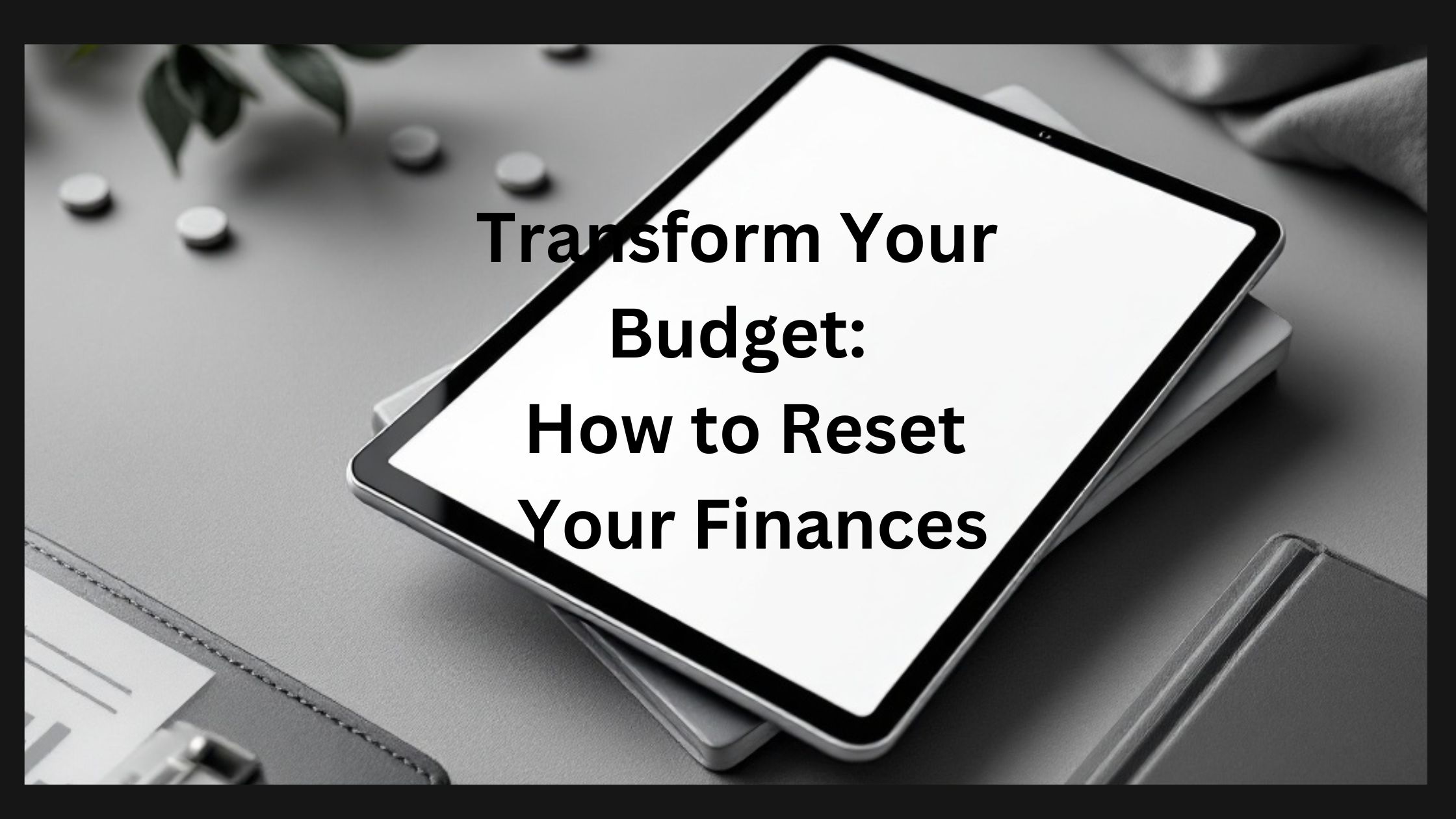How to Take Charge of Your Finances in 2025

- Set Clear Financial Goals: Define short-term and long-term objectives, such as building an emergency fund, saving for a vacation, or investing for retirement. I like to write down my goals and review them often. There’s something about marking them as completed on paper that thrills me.
- Create a Realistic Budget: Use a budgeting method that aligns with your lifestyle, such as zero-based budgeting, the 50/30/20 rule, or value-based budgeting. I have blog posts on all these different budgeting methods.
- Track Your Spending: Regularly review your transactions to identify spending patterns and areas where you can cut back. Sometimes, we mindlessly spend—I know I do—and then wonder where the money went. If we check in regularly, we can avoid this.
- Build an Emergency Fund: Aim to save 3–6 months’ worth of living expenses for unexpected situations. We all have unexpected expenses and emergencies that will happen. It’s just life but if we have a fund in place that we can pull from it keeps us away from borrowing money or using a credit card.
- Automate Savings and Bill Payments: Set up automatic transfers to your savings account and schedule bill payments to avoid late fees. We did not set up automatic transfers to our savings while paying off our consumer debt, which is a regret. So, take it from me, it is best to automate your savings even while paying off debt.
- Reassess Subscriptions and Expenses: Cancel unused subscriptions and shop around for better rates on insurance or other recurring expenses. I will say I had a lot of monthly subscriptions I was paying for that I was not using. Time to cancel!
- Increase Your Income: Consider side hustles, freelancing, or asking for a raise to supplement your income. If it is possible in your schedule to add a 2nd job or side hustle… do it! However, it may be easier to ask for a raise.
- Invest for the Future: Start or increase contributions to your retirement account and consider other investment options based on your risk tolerance. Educate yourself on finance & investing. Read books, listen to podcasts, or take courses to improve your financial literacy and investing skills
- Set Boundaries on Impulse Spending: Use tools like sinking funds or a 24-hour rule before making non-essential purchases. Have you heard of “Fun money”? That can be a sinking fund for those impulse spending habits, or you can budget a fun money category into your monthly budget.

Review your financial plan: Regularly evaluate your progress and make adjustments as needed. There are always changes that need to be made. Maybe you have an expense coming up from your child’s school that you were not aware of. Or you simply forgot you scheduled an oil change but forgot to include it in your budget. This will happen from time to time. Give yourself grace and move on.
Here is free yearly goal planner with a few surprises.





Leave a Reply